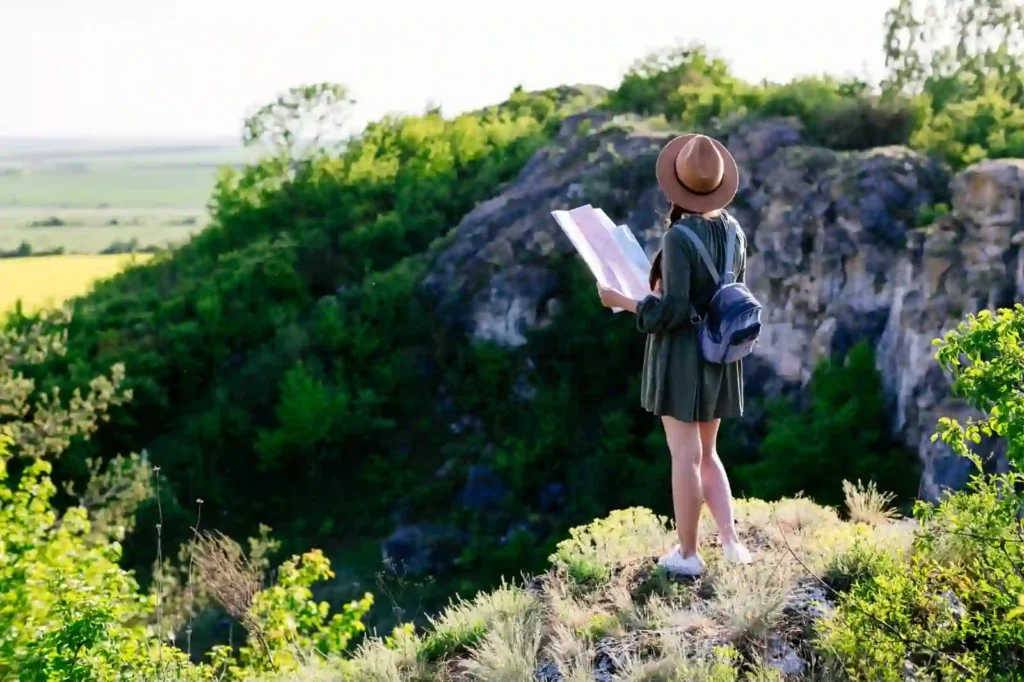travel

July 29,2025 • 4 min read
Mass Tourism Is Breaking the Planet—And We Need to Talk About It

Mass tourism has made travel more accessible than ever. With cheap flights, package deals, and influencer inspiration, millions of people now explore new destinations each year. But behind the Instagrammable moments lies a growing crisis: the environmental, cultural, and social toll of mass tourism.
The Scale of the Problem
Before the COVID-19 pandemic, global tourism was booming — and now, it's rebounding at full speed. But the numbers reveal a darker truth.
Key Statistics:
-
1.4 billion international tourist arrivals were recorded in 2019.
-
Tourism accounts for 8% of global greenhouse gas emissions.
-
Cities like Venice, Barcelona, and Dubrovnik receive more tourists than residents by hundreds of times.
-
80% of tourism occurs in just 10% of the world’s destinations.
The result? Overtourism is exhausting local resources, pricing out residents, damaging ecosystems, and degrading cultural heritage sites.
Environmental Consequences of Mass Tourism
Mass tourism isn’t just about crowds — it’s about long-term damage to our planet. Here are the major ways excessive travel harms the environment:
1. Air Travel Emissions
Flights are one of the largest contributors to tourism-related emissions. A single round-trip flight from New York to Paris emits roughly 2 metric tons of CO₂ per passenger — that’s nearly a quarter of the average person’s annual carbon footprint.
Cheap airfare means more people fly frequently, often for short trips, further compounding the problem.
2. Ecosystem Damage
Natural attractions — beaches, coral reefs, forests, and mountains — often suffer from tourist overuse. Reefs die from sunscreen pollution and trampling. National parks are littered. Wildlife is disturbed or displaced.
In places like Thailand’s Maya Bay, overcrowding forced officials to close the beach indefinitely to allow ecosystems to recover.
3. Plastic and Waste Pollution
Mass tourism generates mountains of waste, especially in places with poor infrastructure. Cruise ships, beach resorts, and campsites leave behind:
-
Plastic water bottles
-
Food containers
-
Hotel miniatures
-
Human waste
Islands like Bali and Koh Phi Phi are drowning in waste during peak seasons — with local waste systems unable to keep up.
4. Water and Energy Overuse
Hotels, pools, golf courses, and resorts consume massive amounts of fresh water and electricity — often in regions that already face water scarcity. Tourists may not notice the impact, but local residents often experience water shortages and blackouts.
For example, an average tourist in Spain uses nearly twice as much water per day as a local resident.
Cultural and Social Impacts
Tourism isn't just hurting the environment — it's also reshaping local communities, often in damaging ways.
1. Overcrowding and Resident Displacement
In cities like Barcelona and Lisbon, locals are being pushed out as Airbnb properties overtake neighborhoods. Rental prices soar. Streets overflow with tourists. Local character fades.
In Venice, the population has dropped by half in the last 50 years, as the city becomes more of a theme park than a livable home.
2. Cultural Erosion
As destinations cater more to tourists, traditional practices, festivals, and cuisine may be diluted or commercialized. “Culture” becomes a product, losing authenticity and meaning.
3. Economic Dependency and Inequality
Tourism may boost a local economy, but profits often go to foreign corporations or wealthy hotel owners. Locals may receive only low-wage, seasonal jobs with little security — increasing dependency on volatile tourism cycles.
Expert Opinions
“Unchecked tourism is like a slow-moving natural disaster. Without stronger policies and conscious traveler behavior, we’ll see many beloved destinations collapse under their own popularity,” warns environmental sociologist Dr. Luis Romero.
“Travel can be a force for good, but only if done thoughtfully and equitably. We must ask ourselves: are we giving back as much as we take?” adds Anita Malhotra, founder of the Ethical Travel Collective.
Sustainable Solutions for a Responsible Future
The future of travel doesn’t have to be bleak. With awareness and conscious action, both travelers and tourism providers can minimize harm and maximize positive impact.
1. Fly Less, Stay Longer
Cut down on frequent short-haul flights. Choose overland travel when possible. When you do fly, stay longer and support local businesses to make your carbon impact more worthwhile.
2. Avoid Overtouristed Destinations
Instead of Dubrovnik in July, try Albania’s coastal towns. Swap Santorini for Naxos. Discover second cities — places rich in culture and beauty but off the main tourist radar.
Websites like AlternativeTo or HiddenPlace offer less-known but rewarding travel alternatives.
3. Travel in Off-Season
Visiting during shoulder or off-peak seasons reduces stress on infrastructure and gives you a more relaxed, authentic experience — often at lower cost.
Sam billings Details
User Profile
- Full name
- Sam billings
- Email address
- sambillings495@gmail.com
- Join Date
- 2025-07-29
- State
- City
- Pincode
- Address
- Follow us on Facebook
- Follow us on Twitter
- Website Name
- Bio